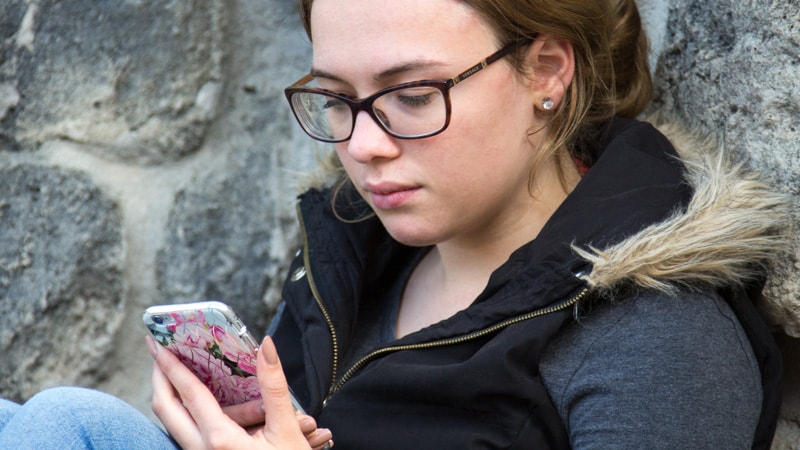Since most people own a smart device or two, people are now more “digitally connected” than before. The Internet has changed how we communicate and interact with each other. The first thing we do upon waking up is to check our social media accounts and post hashtags just to show everyone that “I’m still here.” More than half of our waking hours are spent online, and children are at risk of overexposure to digital media.

Diets were developed to curb anything excessive, and this applies to children who are now “wired.” Unrestricted access to different online platforms has exposed kids to an unhealthy lifestyle. Children are having difficulty interacting with their offline peers and family. Most of them developed shorter attention spans and a variety of disorders (sleeping and eating).
Since kids are at risk of developing cardiovascular diseases and the like, it’s time to put them on a media diet. Here’s how you can teach your child to “unplug” and enjoy the real world:
Introduce offline activities
Playing board games, creating art withwood-mount stamps, andwalking around the neighborhood or park are some fun offline activities you can have with your kids. They might frown upon it, at first, but introducing these online alternatives is a pillar of cyber parenting. Explain to them why they need to unplug themselves from their digital lives and how real-life socializing will help them become better citizens.
Create a schedule when they need to be offline as not to deprive them of their online time. Incorporate this with your discipline rules because this will help them comply.
Walk the talk by being an example
How you consume your digital needs will dictate how your child consumes his online time. Remember that children, especially the younger ones, mimic what you are doing. If you imposed a strict social media diet for an hour or two, do the same. Turn off your smartphone’s data and set it to accept calls only. Don’t drive while calling or texting, and park your car before taking a call. Be a good example to your children, and they will follow you.
Pick the apps and media they can use
It’s okay to specify what type of media or apps your children can use. Look for the best apps which they will enjoy. You can also stream kid-friendly movies or web series. It’s best to read online reviews before installing apps and streaming videos. Online safety is an essential component of an effective media diet. Your kids should consume wholesome web content to help them develop a healthier digital life.
Teach children to balance their online and offline lives
It sounds tricky, but as a parent, you should teach them the art of balance. Everything has limitations, and the key is learning how to balance things. They need to realize that having real-life friends is as fun as having online buddies. Allow them to make mistakes online and be there to empathize with them. Gain their trust and create bonds is by being there for them. This is the best way for them to learn how to balance their lives.
A healthy media diet means enjoying offline activities and spending time in the real world. Parents can help their children foster positive media use by guiding them accordingly. This will minimize potential health risks in kids as they enjoy their online and offline lives.
Leave a Reply